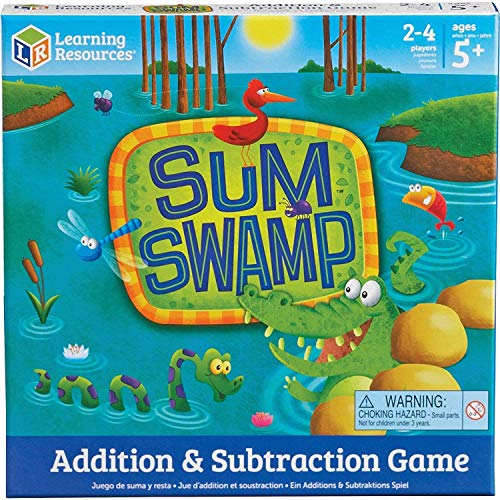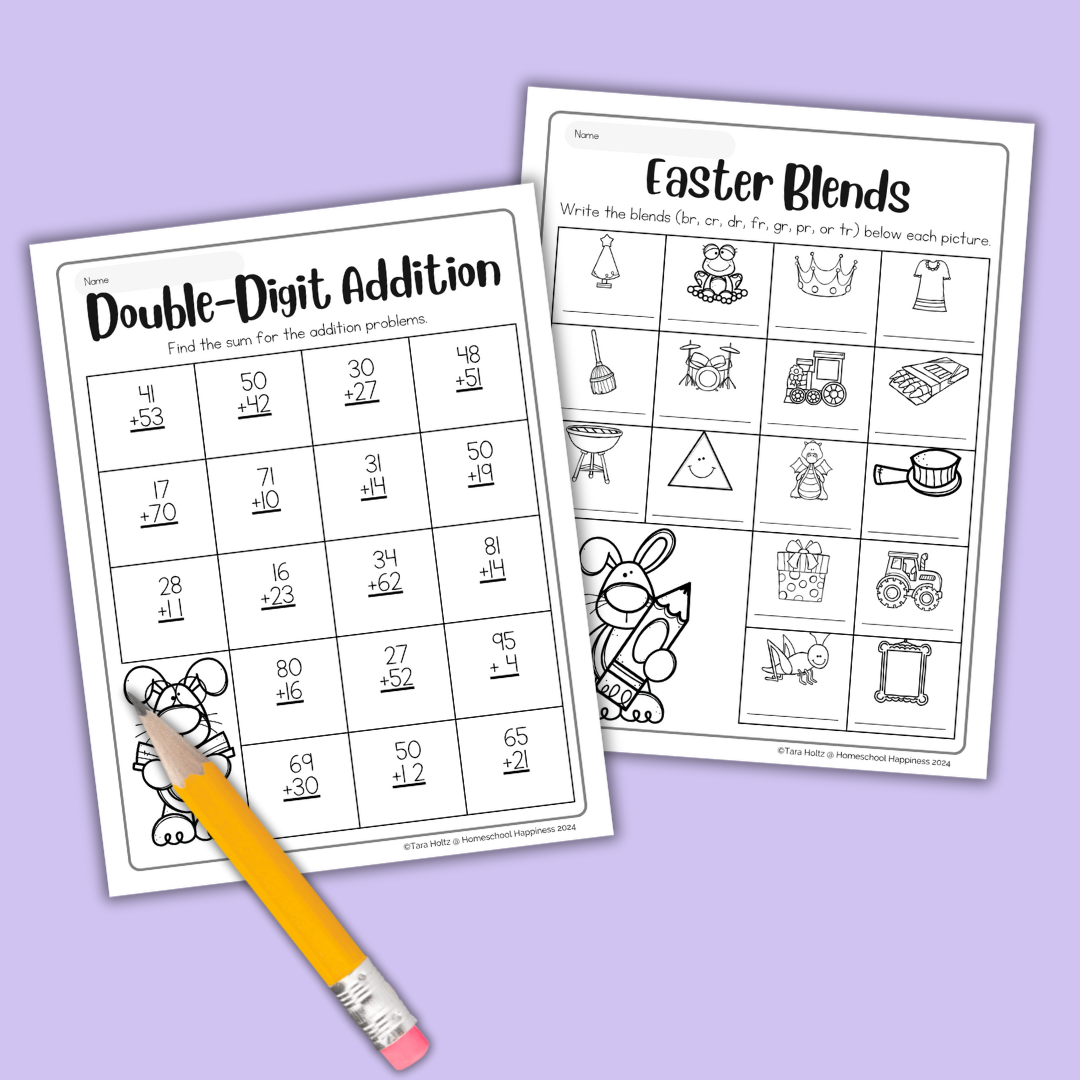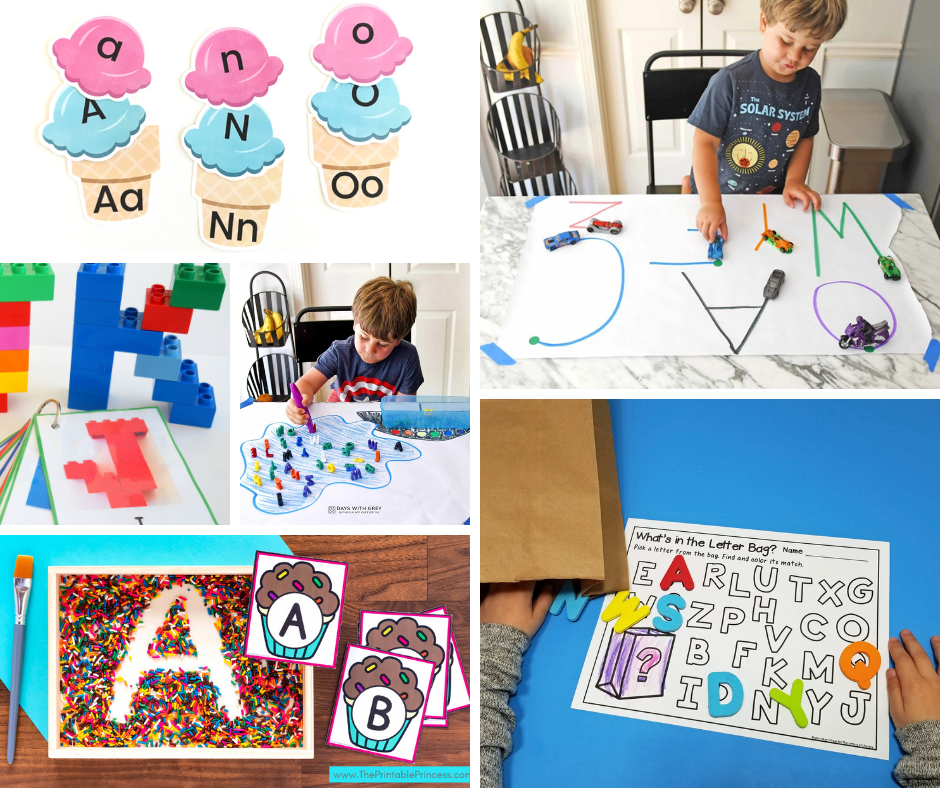Top Educational Games for Holiday Homeschooling
Are you looking for fresh, engaging ways to keep your kids’ education flowing, even during the holidays? Then you’ll love this list of educational games for holiday homeschooling!
This innovative approach, also known as gameschooling, allows children to continue their learning journey seamlessly, homeschooling through the holidays without the typical classroom structure.
The key element here is educational games, a fun and interactive medium that complements traditional teaching methods. But why are these games crucial, you may wonder?
They cater to a child’s natural curiosity and playfulness, making learning an enjoyable, immersive experience rather than a chore.
So, are you ready to transform your child’s holiday break into a vibrant learning adventure?
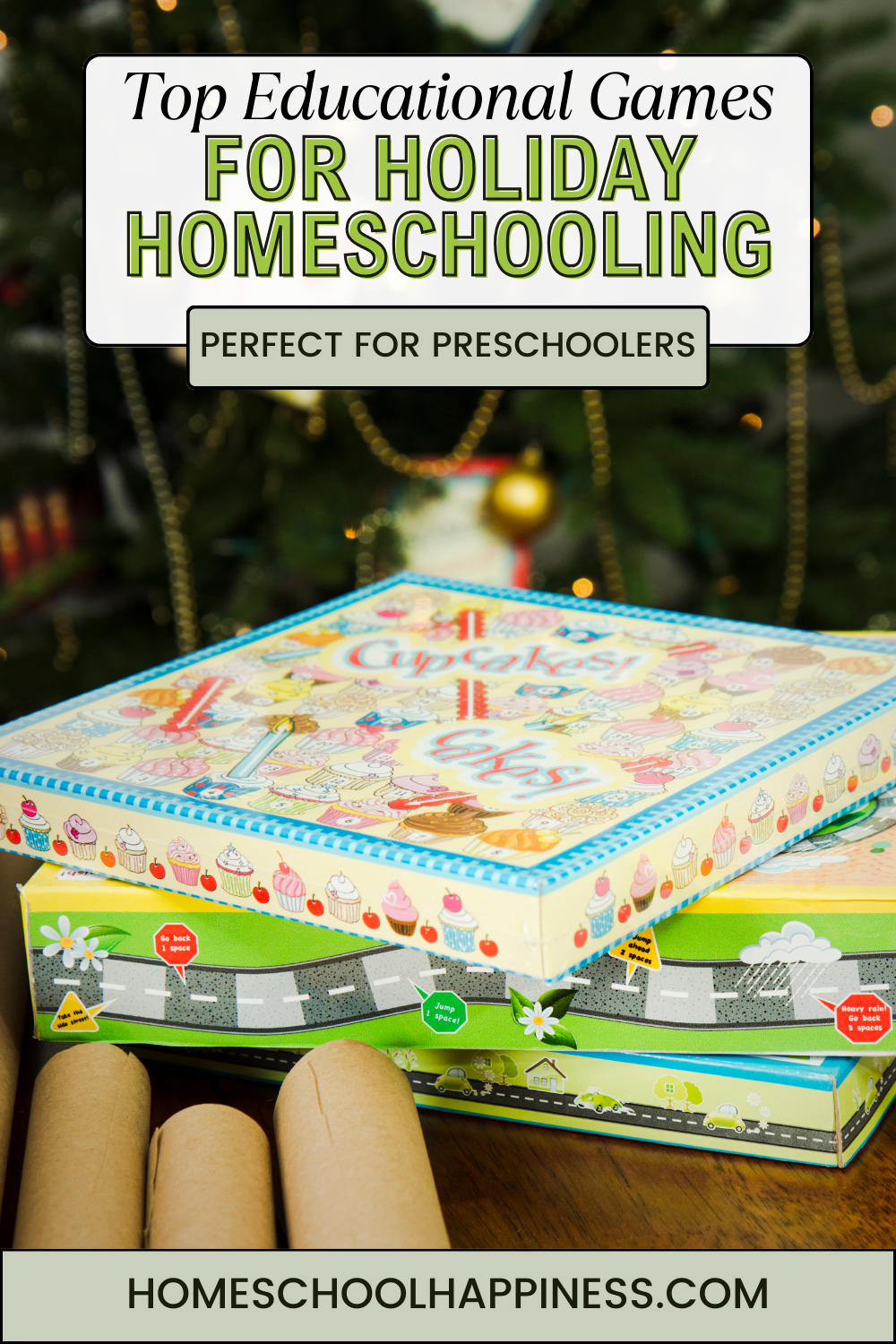
Before we delve into the treasure trove of games that can revolutionize your child’s holiday homeschooling experience, it’s critical to understand the benefits of homeschooling.
The power of educational games lies in their ability to hold a child’s interest, motivate learning, and make complex concepts easier to grasp.
By involving them in a game, children are provided with a context for the application of these concepts. They get to see the practical implications and consequences of their decisions in a safe, controlled environment.
This approach breeds a sense of achievement and fuels the desire to learn more. Now, let’s explore some of the top educational games for a fun-filled, productive holiday homeschooling session.
The Benefits of Educational Games for Homeschooling
Educational games are pivotal in enhancing engagement and cognitive development, making them a staple for holiday homeschooling.
Increasing Engagement: Traditional teaching methods can often struggle to retain a child’s attention for long periods. Here’s where educational games come in handy. By incorporating elements of fun, adventure, and competition, these games command attention and encourage children to participate actively. The thrill of reaching the next level, or the anticipation of a mystery unfolding, keeps children absorbed and engaged, subtly enabling the learning process.
Cognitive Benefits: Apart from making learning more enjoyable, educational games also offer substantial cognitive benefits. They stimulate critical thinking and problem-solving skills as kids navigate through challenges and obstacles in games. These games also enhance memory and recall as children must remember rules, strategies, and game sequences. Moreover, they foster creativity and imagination, allowing children to think out of the box and explore new possibilities.
By integrating educational games into your holiday homeschooling routine, you are not just keeping your child occupied, but also enriching their learning experience and cognitive development.
Whether it’s math, science, language, or social studies, there’s an educational game to cater to every subject and age group, making learning an exciting journey rather than a forced task.
This engaging method of teaching transforms education into an adventure, where each game guides your child to explore a new realm of knowledge.
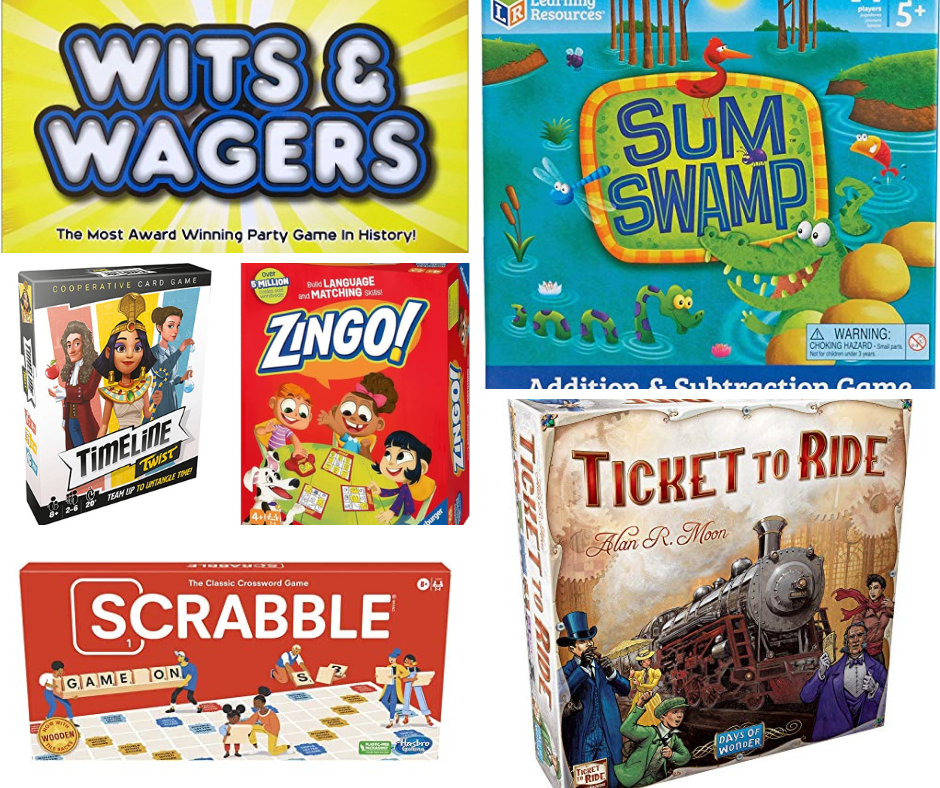
Educational Games for Holiday Homeschooling
Let’s explore a collection of educational games designed to turn holiday homeschooling into an adventurous journey of knowledge.
These games span across a range of subjects, presenting a unique, fun-filled learning opportunity for every child, regardless of age or interest.
Games for Young Learners (Ages 5-10)
Zingo: This is an interactive game that aids in developing language and matching skills in young children. Players need to match the pictures and words on their challenge cards with the tiles revealed in the Zingo Zinger.
Sum Swamp: This fun and educational board game is perfect for teaching and reinforcing basic math skills such as addition and subtraction. Kids will love the adventure through the swampy game board.
Games for Middle Schoolers (Ages 11-14)
Scrabble: This classic word game is perfect for enhancing vocabulary and spelling skills. Players score points by placing tiles bearing a single letter onto a board to form words.
Ticket to Ride: This is a cross-country train adventure game that encourages strategic thinking and planning. Players collect and play matching train cards to claim railway routes connecting cities throughout North America.
Games for High Schoolers (Ages 15+)
Wits & Wagers: This is a trivia game where players answer questions and then bet on which answer they think is closest to the truth. This game promotes critical thinking and is a fun way to learn random facts.
Timeline: This is a card game that tests a player’s historical knowledge. Players have to place their cards in the correct chronological order on the timeline, enhancing their understanding of historical events.
Remember, the best part about these games is not just the knowledge they impart, but also the fun and enjoyment they bring to the learning process. So, ready to add a dash of excitement to your holiday homeschooling? Let the games begin!

Incorporating Games into Holiday Homeschooling
Now, let’s talk about how to integrate these exciting educational games into your holiday homeschooling curriculum. The key to successful gameschooling lies in balancing gameplay with traditional learning methods, ensuring that each complements the other to create a holistic learning experience.
Smooth Integration of Games: The first step is to align the games with your curriculum. For instance, if you’re teaching geography, games like Ticket to Ride can be an excellent addition. Make sure the games are age-appropriate and resonate with the interests of your child. Start with small game sessions and gradually increase as your child starts to enjoy. Remember, the goal here is to learn while having fun!
Balancing Games and Traditional Learning: While games provide a great way to learn, it’s essential to maintain a balance with traditional teaching methods. Use games as a supplement rather than a replacement. This can mean playing a quick game of Sum Swamp after a math lesson or wrapping up a day of learning with a game of Scrabble. This way, you ensure that the learning process remains diverse and engaging, and not solely dependent on games.
By integrating educational games into your holiday homeschooling routine, you can make learning an exciting and fun-filled process. It’s all about adding a dash of creativity to education, and what better way than games to achieve this?
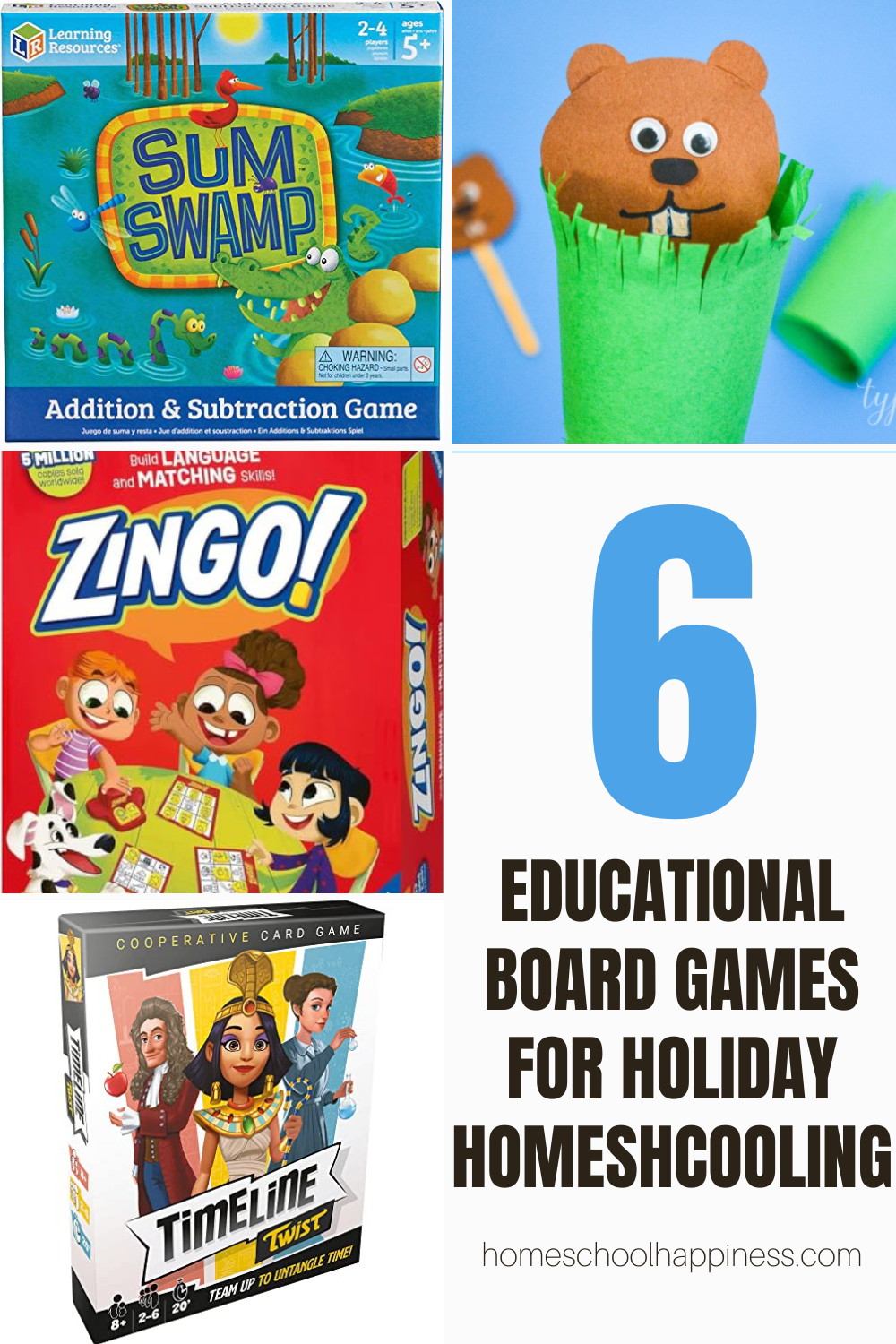
Educational games are a phenomenal tool to make learning more engaging, exciting, and effective, especially during holiday homeschooling. They not only help reinforce the concepts taught but also develop essential skills such as problem-solving, strategic thinking, and creativity.
But remember, the key lies in striking the right balance between traditional teaching methods and games. When used judiciously, games can turn education into a delightful adventure, making the learning process a fun-filled journey.
So, this holiday season, bring on the games and let the learning begin!


